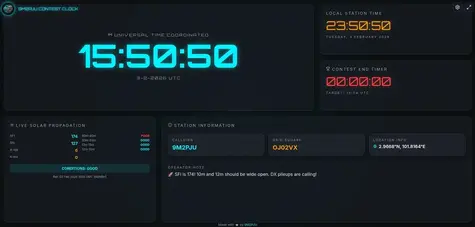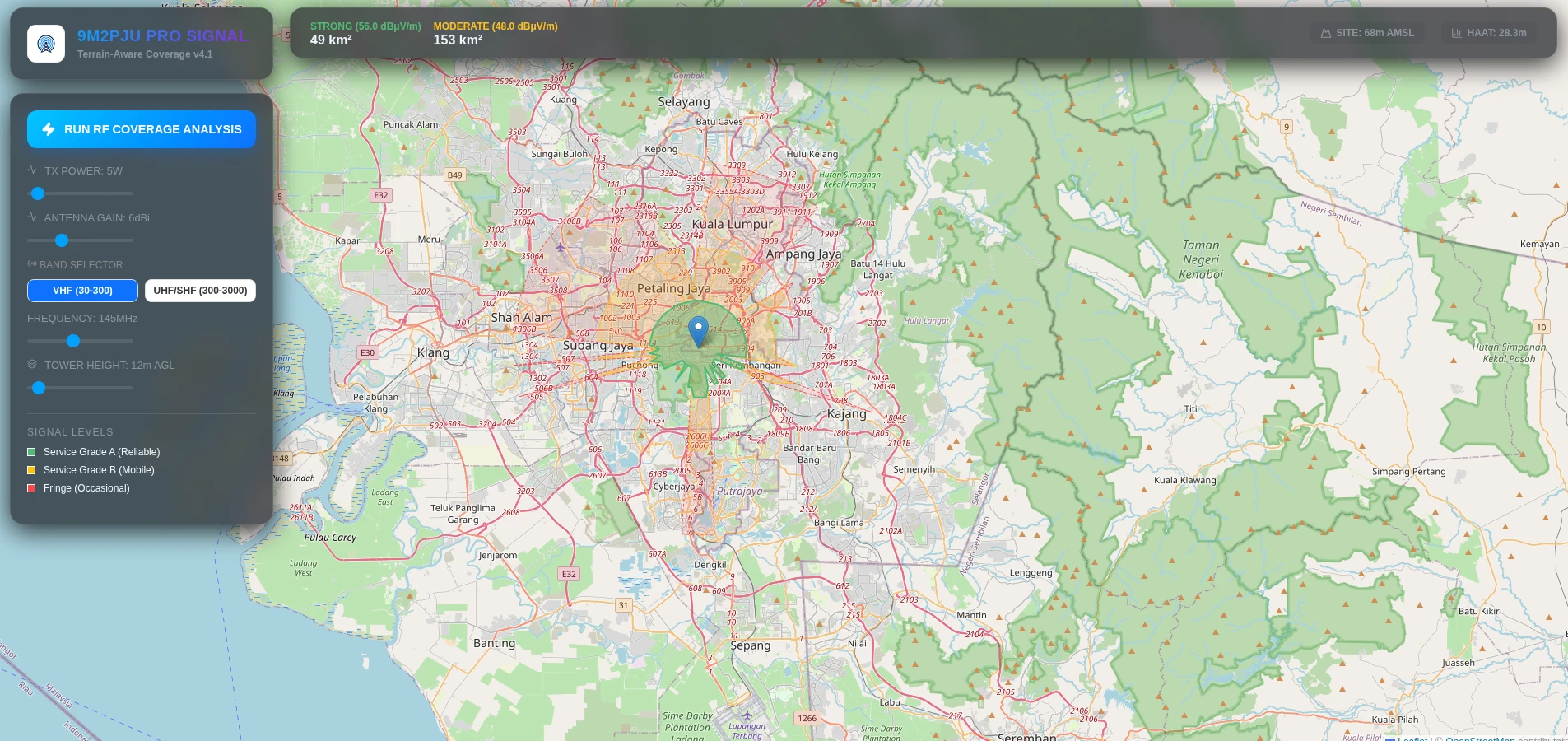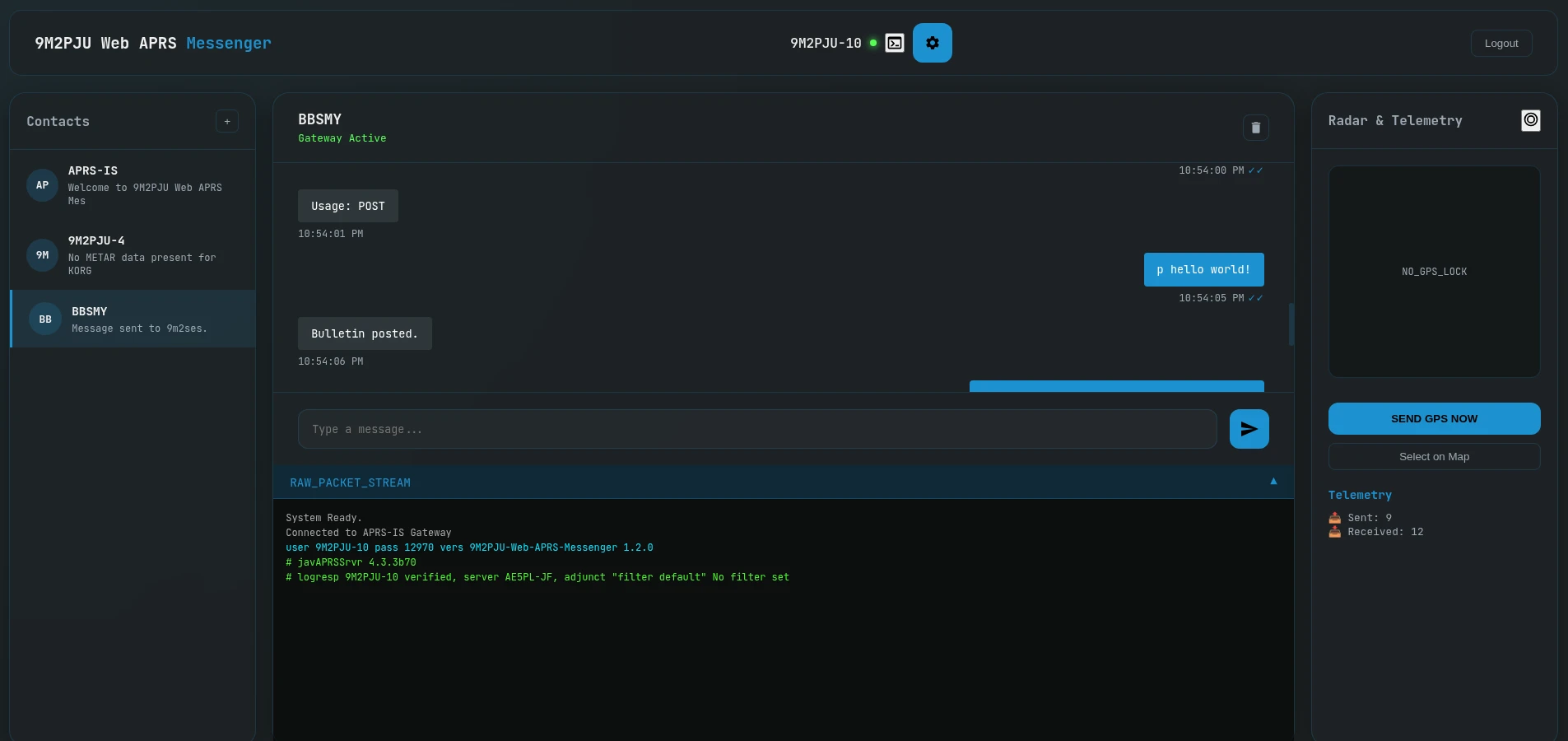Engaging Amateur Radio Discussion Topics: Exploring the Fascinating Conversations Among Hams
Introduction:
Amateur radio enthusiasts, also known as hams, share a common passion for radio communication and the exploration of the airwaves. When hams come together, they engage in captivating discussions that span a wide range of topics. In this blog post, we delve into the intriguing conversations that take place among amateur radio operators, highlighting some popular discussion topics that captivate the community.
SEO Keywords: Amateur radio, discussion topics, radio communication, ham radio operators, radio enthusiasts
- Technical Discussions and Equipment:
Amateur radio operators often engage in lively discussions regarding the technical aspects of their hobby. They share insights, experiences, and recommendations related to radio equipment, antennas, amplifiers, and other essential components. Topics may include equipment reviews, antenna designs, troubleshooting techniques, and tips for improving signal quality and range. These technical discussions are a valuable source of knowledge and a way to stay updated with the latest advancements in the field. - Operating Modes and Techniques:
Amateur radio provides a vast array of operating modes, each with its unique characteristics and capabilities. Hams frequently discuss different modes such as Morse code (CW), single sideband (SSB), digital modes like FT8 or PSK31, and even satellite communication. Conversations revolve around operating techniques, best practices for specific modes, and experiences with different propagation conditions. Discussions on operating modes are an opportunity for hams to share their expertise and learn from others. - Contesting and DXing:
Contesting and DXing are popular activities among amateur radio operators. Hams engage in discussions about upcoming contests, strategies for maximizing their scores, and tips for successful participation. DXing enthusiasts exchange information on rare or distant stations they have contacted, share their QSL card collections, and discuss the challenges and rewards of long-distance communication. These discussions are an excellent source of inspiration and encouragement for hams seeking new achievements. - Emergency Communications and Public Service:
Amateur radio operators play a vital role in providing emergency communications during disasters and public service events. Discussions in this area focus on emergency preparedness, communication protocols, and experiences in supporting emergency response efforts. Hams share stories of successful communications during critical situations and discuss ways to improve their skills and readiness for public service activations. These discussions highlight the invaluable role of amateur radio in community support and safety. - Radio History and Vintage Equipment:
Amateur radio has a rich history that spans over a century, and many hams have a keen interest in vintage radio equipment and the pioneers of the hobby. Discussions often revolve around iconic radios, historical events, and the evolution of technology. Hams share stories of their vintage equipment restorations, showcase their collections, and exchange information on radio museums and events dedicated to preserving radio history. - Community and Social Aspects:
Amateur radio is not just about the technology; it’s also about building connections and fostering a sense of community. Hams engage in discussions about local club activities, upcoming ham radio conferences, and social gatherings. They share experiences from radio field days, ham radio flea markets, and hamfests. These conversations help strengthen the bond among hams and provide opportunities for collaboration and friendship.
Conclusion:
The conversations among amateur radio operators encompass a wide range of topics, reflecting the diversity and depth of the hobby. Technical discussions, operating modes, contesting, emergency communications, radio history, and community engagement are just some of the captivating topics that engage hams. These conversations foster knowledge sharing, inspire innovation, and strengthen the camaraderie within the amateur radio community. Whether discussing the latest equipment, exchanging operating tips, or sharing stories of past achievements, hams find endless fascination and fulfillment in their discussions, making amateur radio a truly vibrant and dynamic hobby.






Post Comment